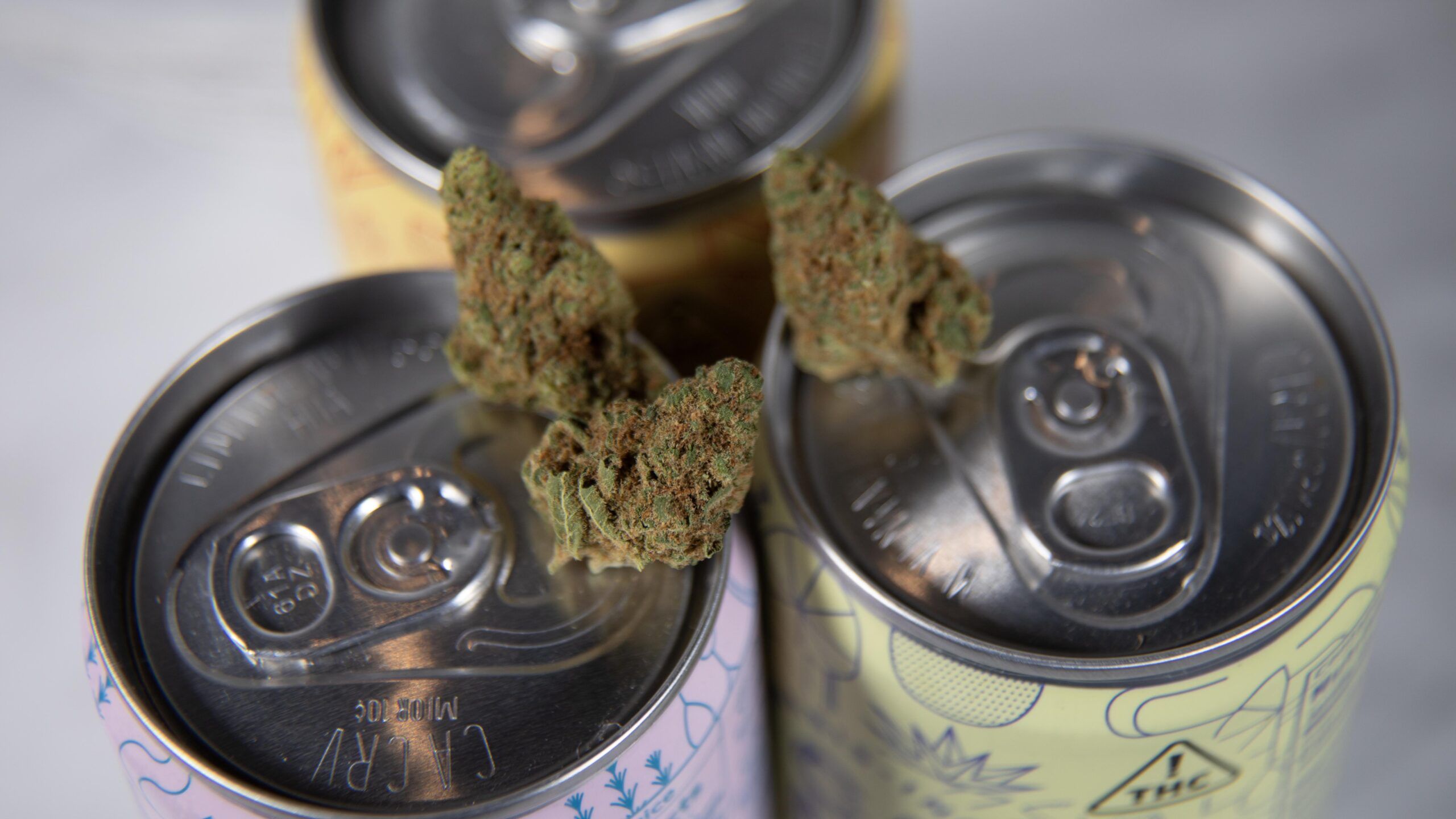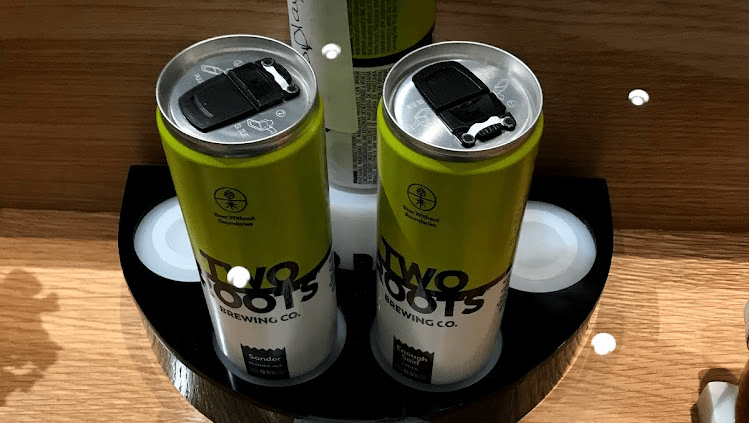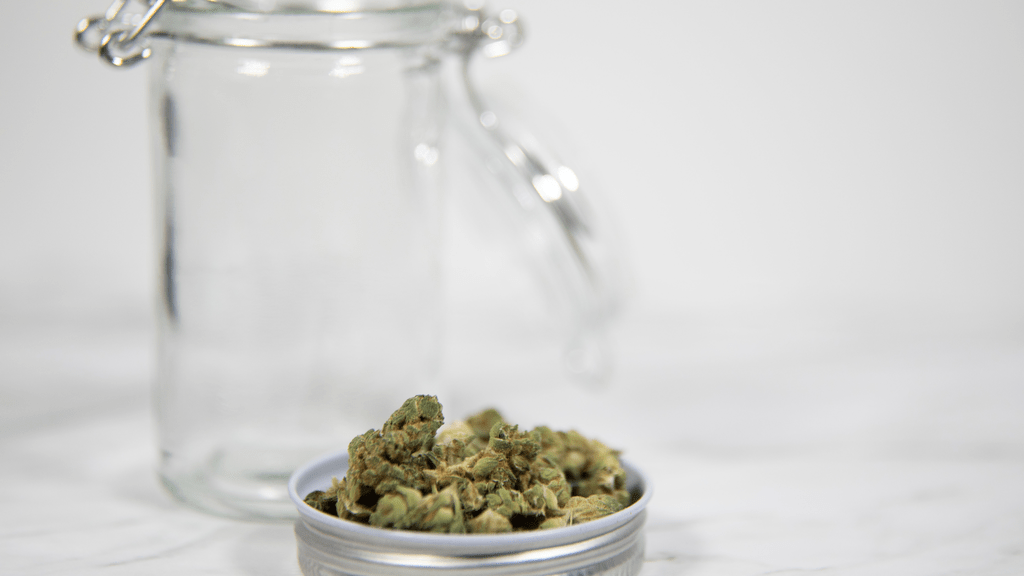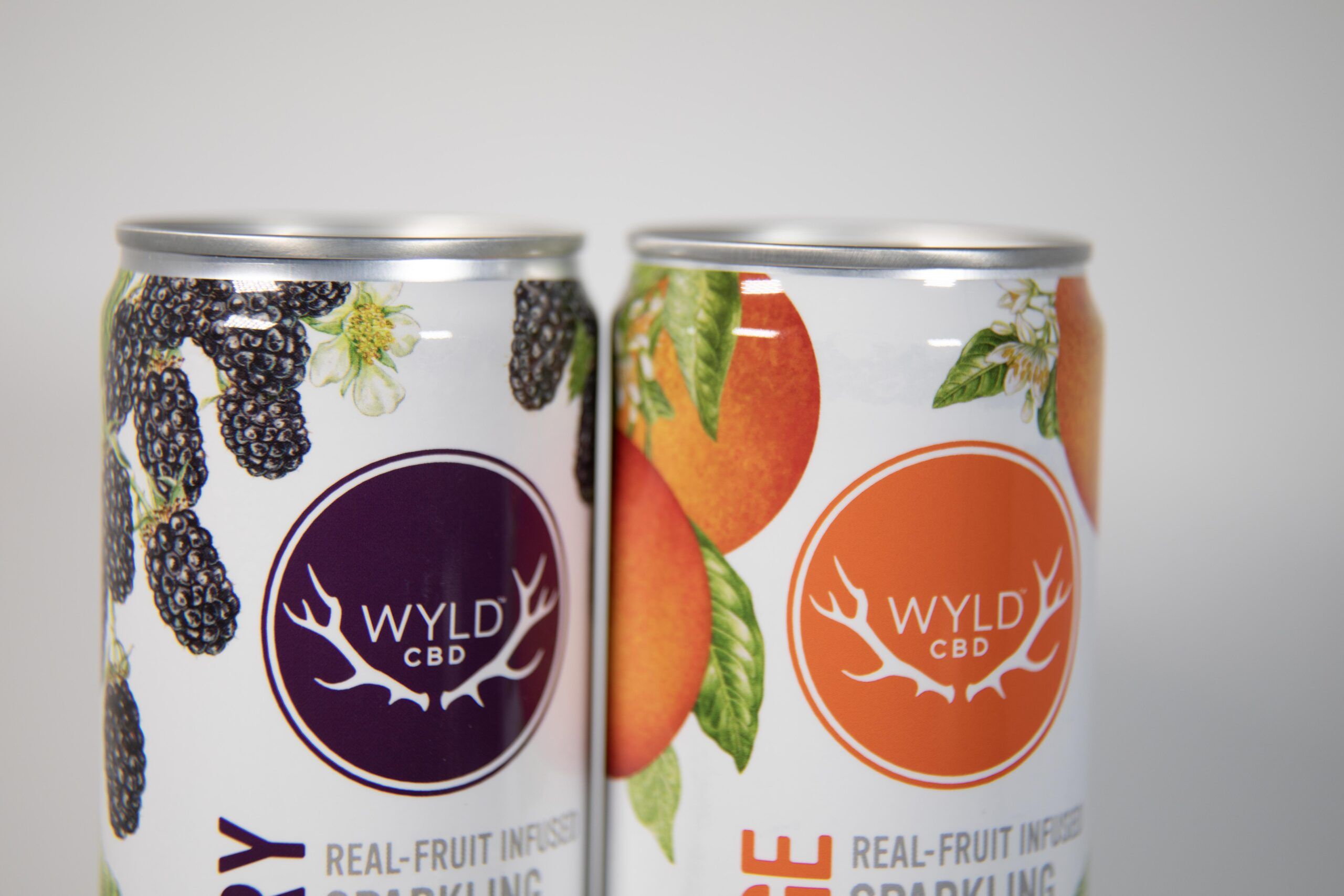-

Drinking Differently: What’s Driving the Surge of Cannabis-Infused Beverages
In recent years, the cannabis industry has witnessed a notable shift: new drink brands are launching at a rapid clip.…
-

Do Cannabis Drinks Differ by State? What Every Consumer Should Know
To the casual shopper, a cannabis-infused beverage may seem like a simple product: a fizzy seltzer, a flavored tea, or…
-

Nanoemulsion Explained: The Science Behind Fast-Acting Cannabis Drinks
When it comes to cannabis beverages, one term keeps showing up on labels and in product descriptions: nanoemulsion. For consumers…
-
Limited Runs, Unlimited Potential: Inside the Seasonal Cannabis Beverage Boom
Read more: Limited Runs, Unlimited Potential: Inside the Seasonal Cannabis Beverage BoomSeasonal products thrive when they move quickly: launch a craveable flavor, align with cultural moments (summer patios, fall football, holiday gifting), and deliver reliably every…
Latest Posts

